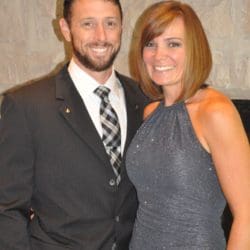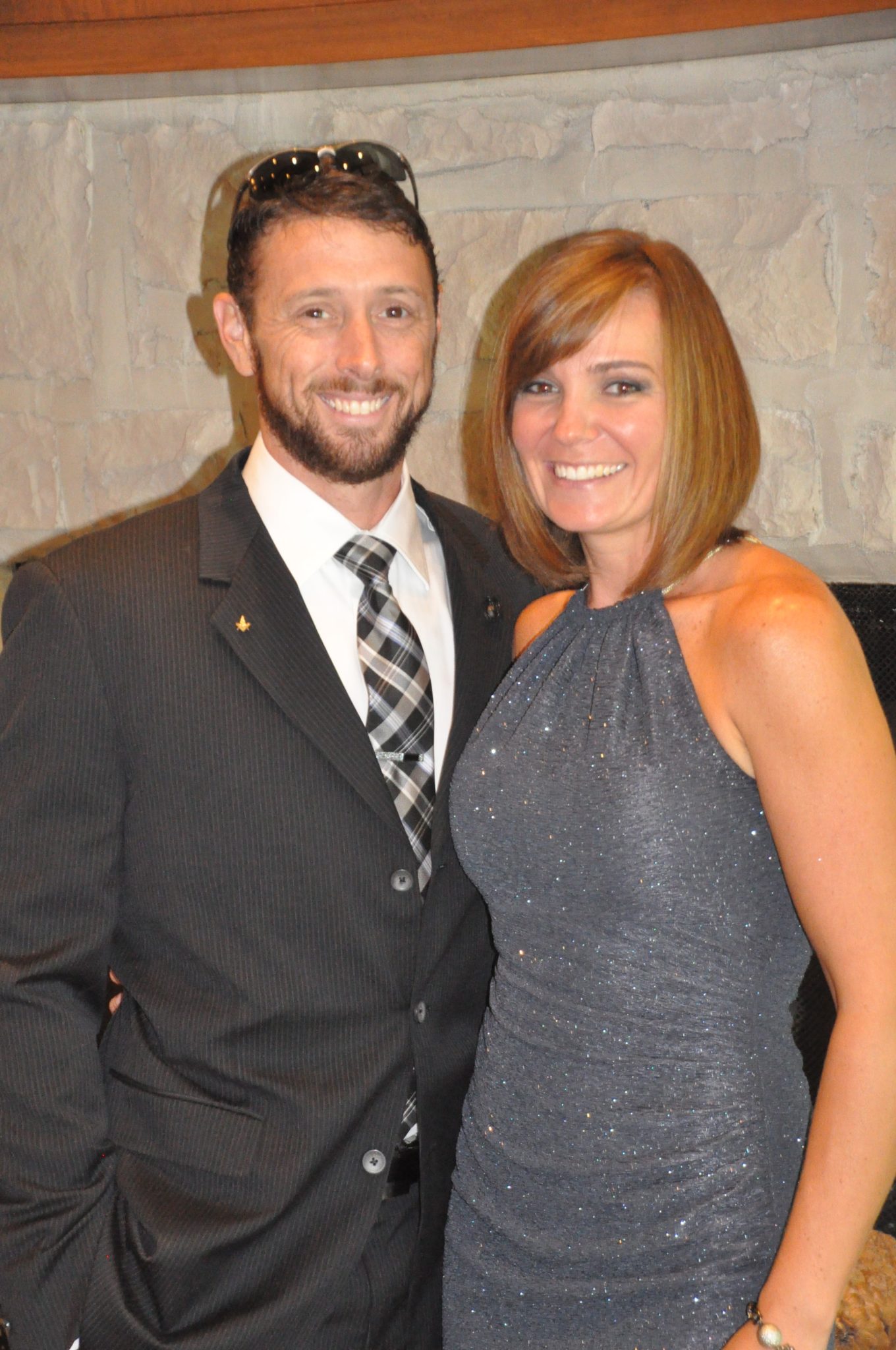It is hard to call myself a caregiver. It is just what I do.
What was one of your first major challenges as a caregiver and how did you address that challenge?
I really didn’t understand invisible wounds. It was so difficult to figure out what was happening to him. I had no idea what his triggers were. I did a ton of research on his injuries, but at a certain point I just accepted I would have to live moment to moment. Reaching out for help was hard at the beginning; I thought I had to do everything on my own.
What are some of your current challenges as a military caregiver?
Our family’s dynamic has changed. It took so much time and energy to figure out all of Chuck’s issues. Now it is time to focus on the kids, which comes with its own set of challenges.
What do you think is the biggest misconception civilians have about your situation as a military caregiver?
It is really frustrating that people assume that veterans suffering with traumatic brain injuries (TBI) and post traumatic stress disorder (PTSD) are crazy or faking their symptoms. Also, that it is already my role and I am supposed to do it. It is exhausting to keep explaining our life and that things are unpredictable.

My Story
Elizabeth cares for her husband, Chuck. They’ve been together since high school and now they have four children. He served in Afghanistan as a Marine and was injured by an improvised explosive device (IED). He wasn’t diagnosed with a TBI until after his symptoms and behaviors caused terrible strains on their marriage and their family’s well-being.
As a Dole Fellow, Elizabeth is committed to promoting the well-being of military and veteran kids. She currently serves as the Foundation's Fellows Program Manager.










